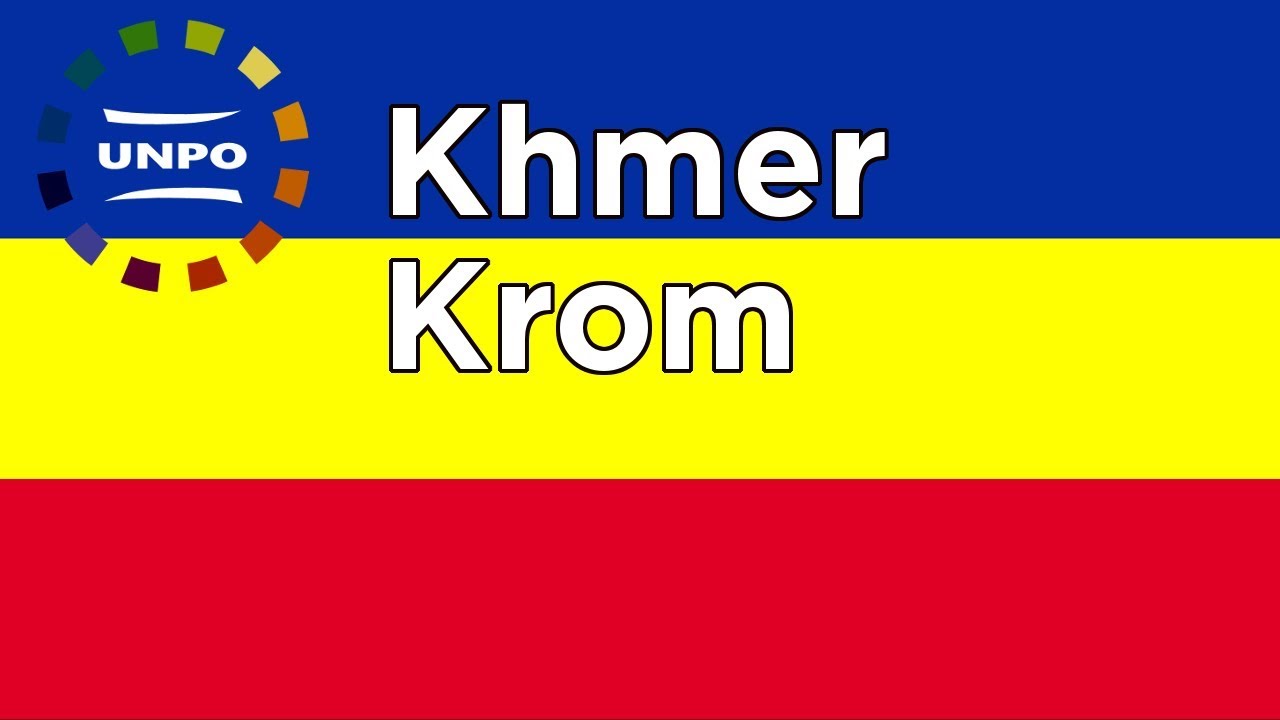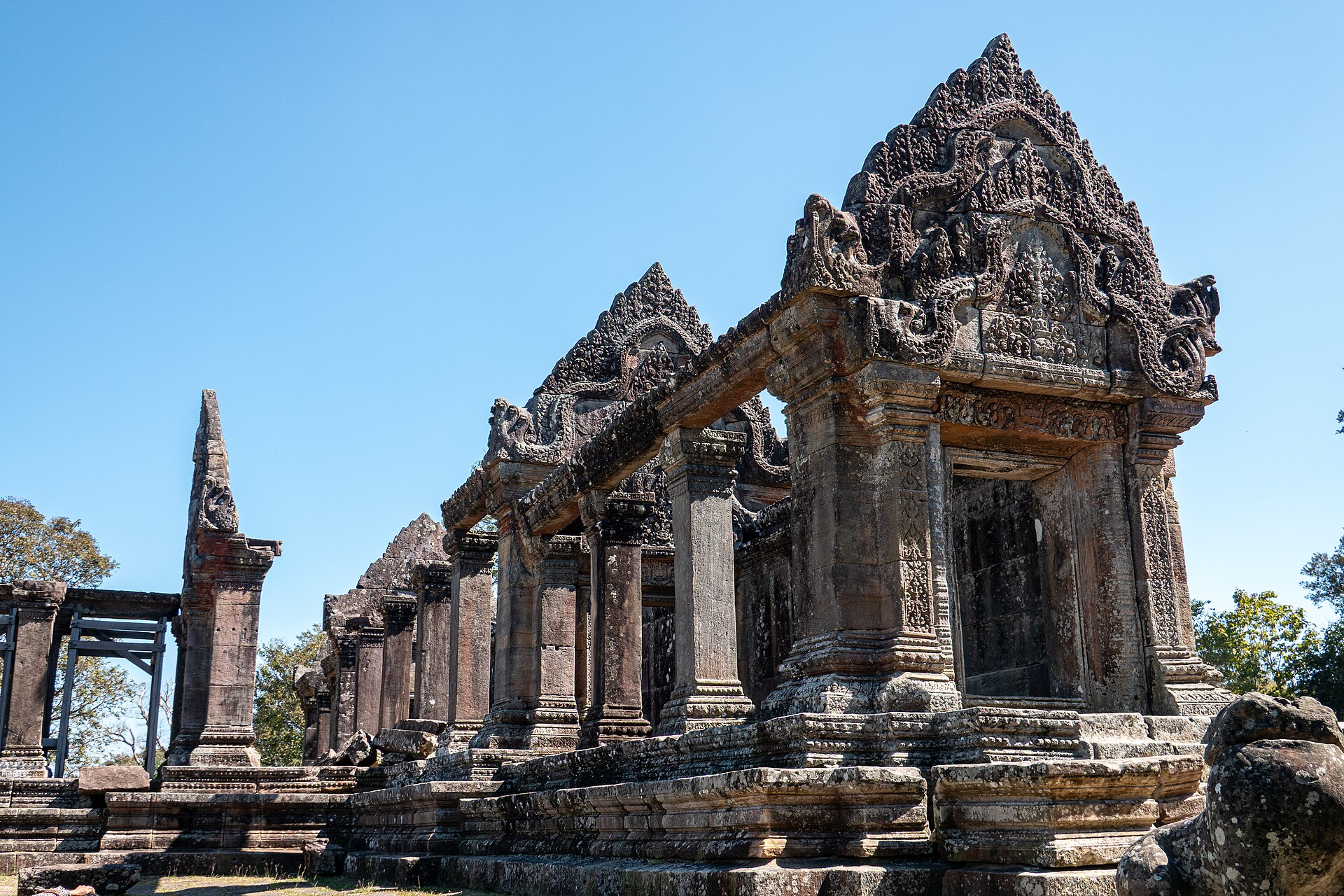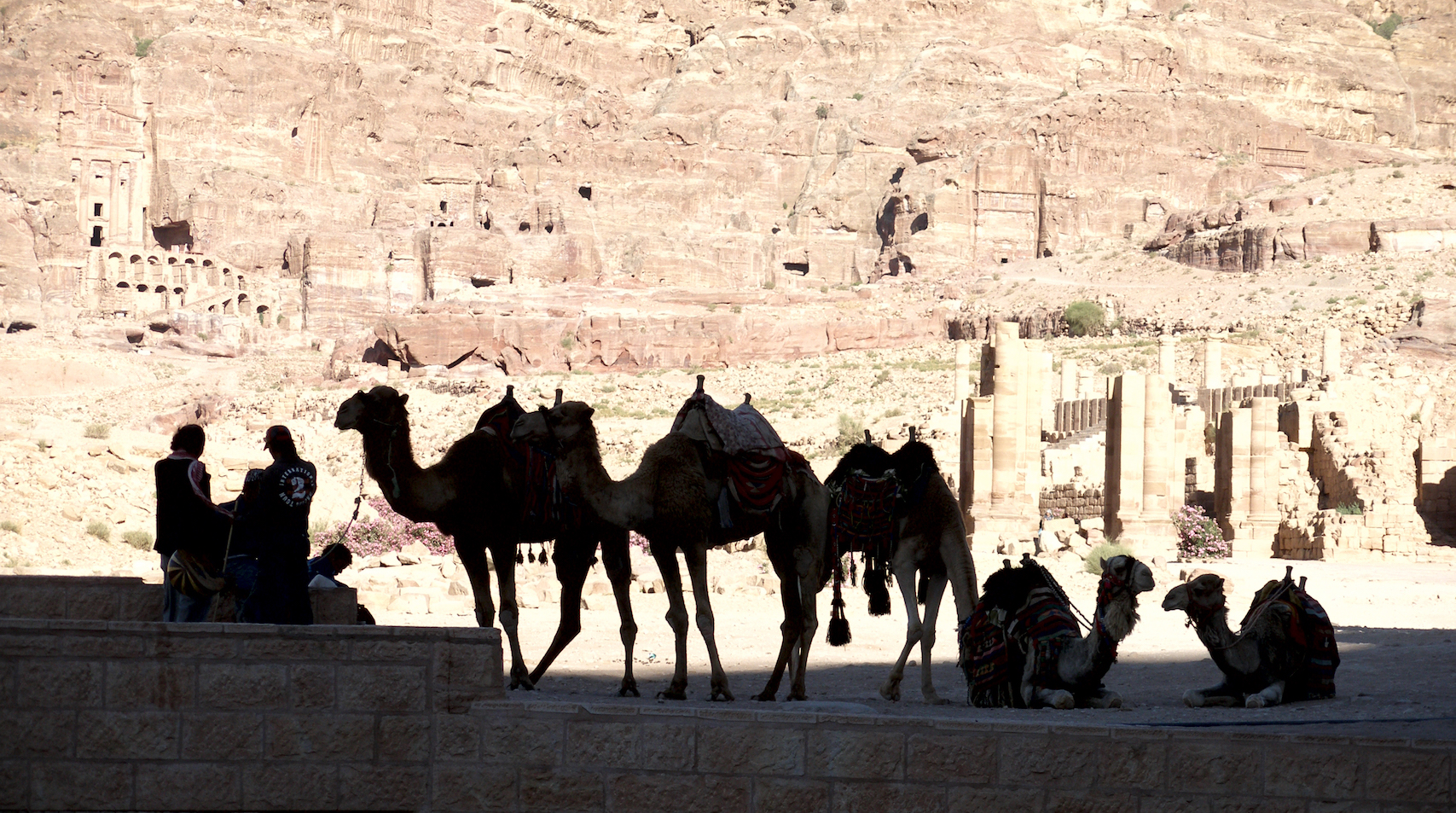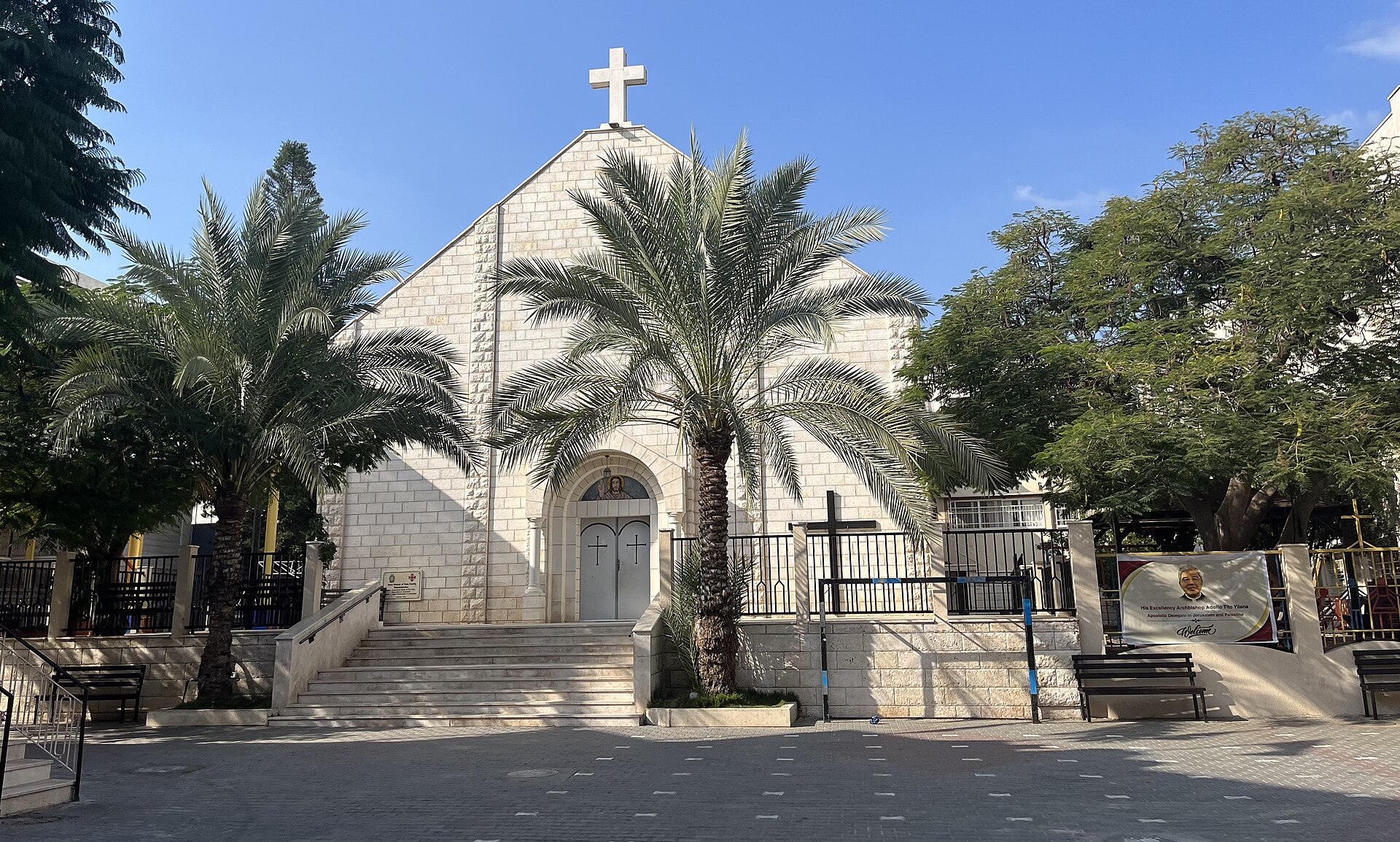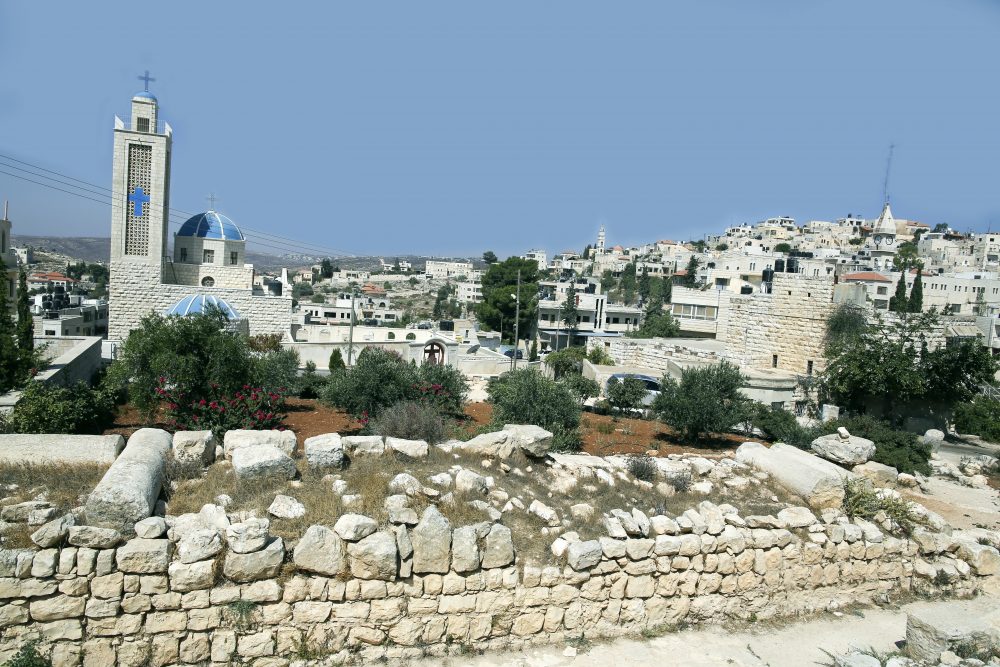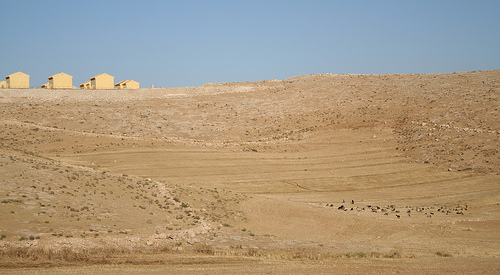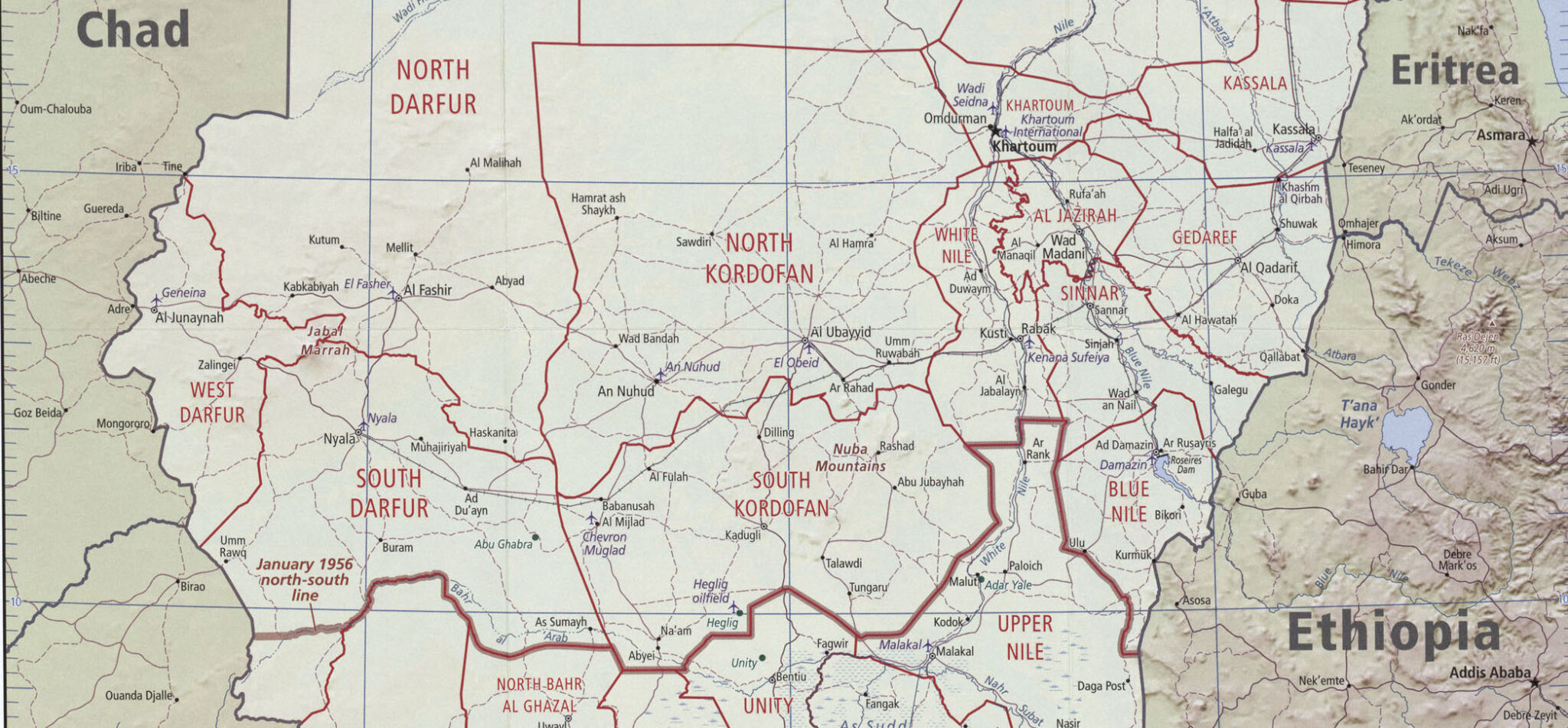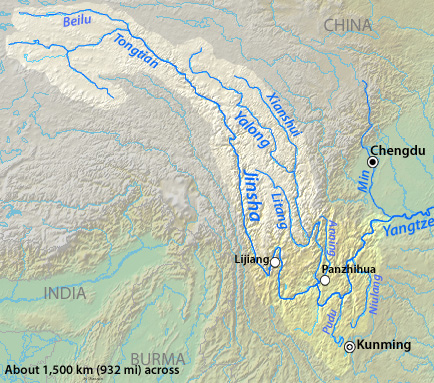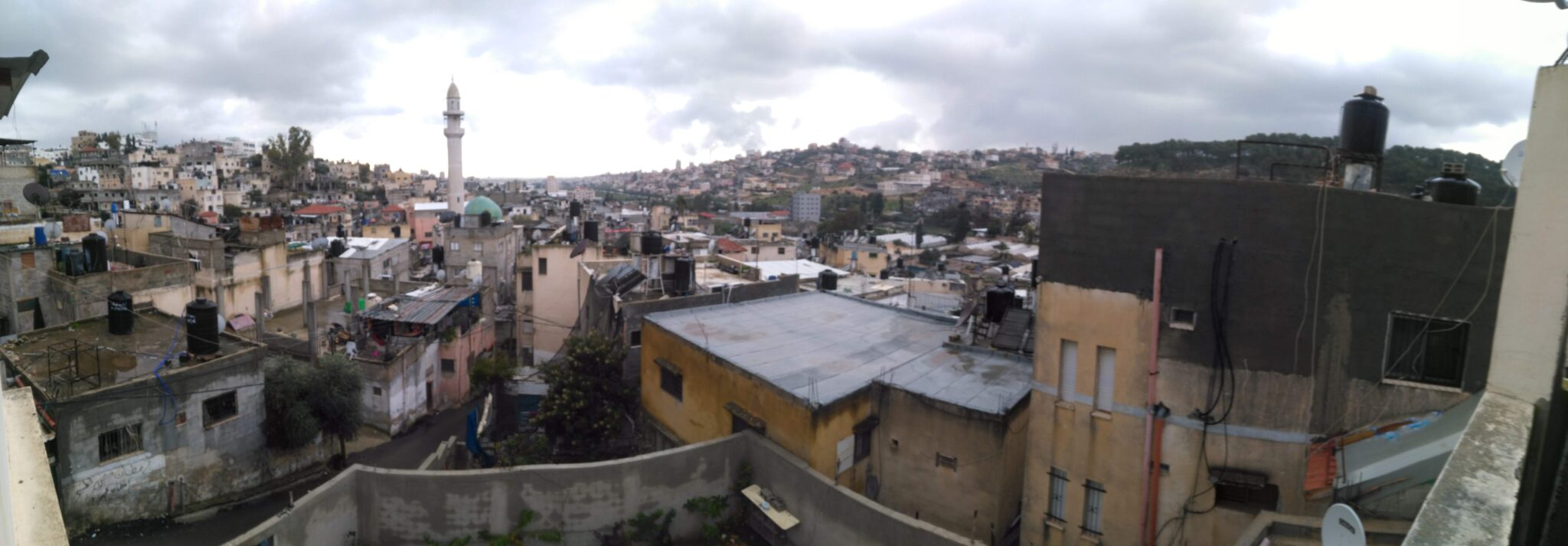
Israeli ‘crimes against humanity’ seen in West Bank
Israeli military operations in the northern West Bank constitute war crimes and crimes against humanity, Human Rights Watch said in a report documenting the forced displacement of approximately 32,000 Palestinians from three refugee camps beginning in January 2025. The report charges that Israeli forces carried out mass forcible displacements as part of a widespread attack on civilians, accusations that, if substantiated, would constitute crimes against humanity under international law. “The organized, forced displacement of Palestinians in the refugee camps has removed nearly the entire Palestinian population from these areas,” the report stated, noting that residents of Jenin, Tulkarm and Nur Shams camps have been denied the right to return nearly a year after the operations commenced. (Photo: Wikipedia)




